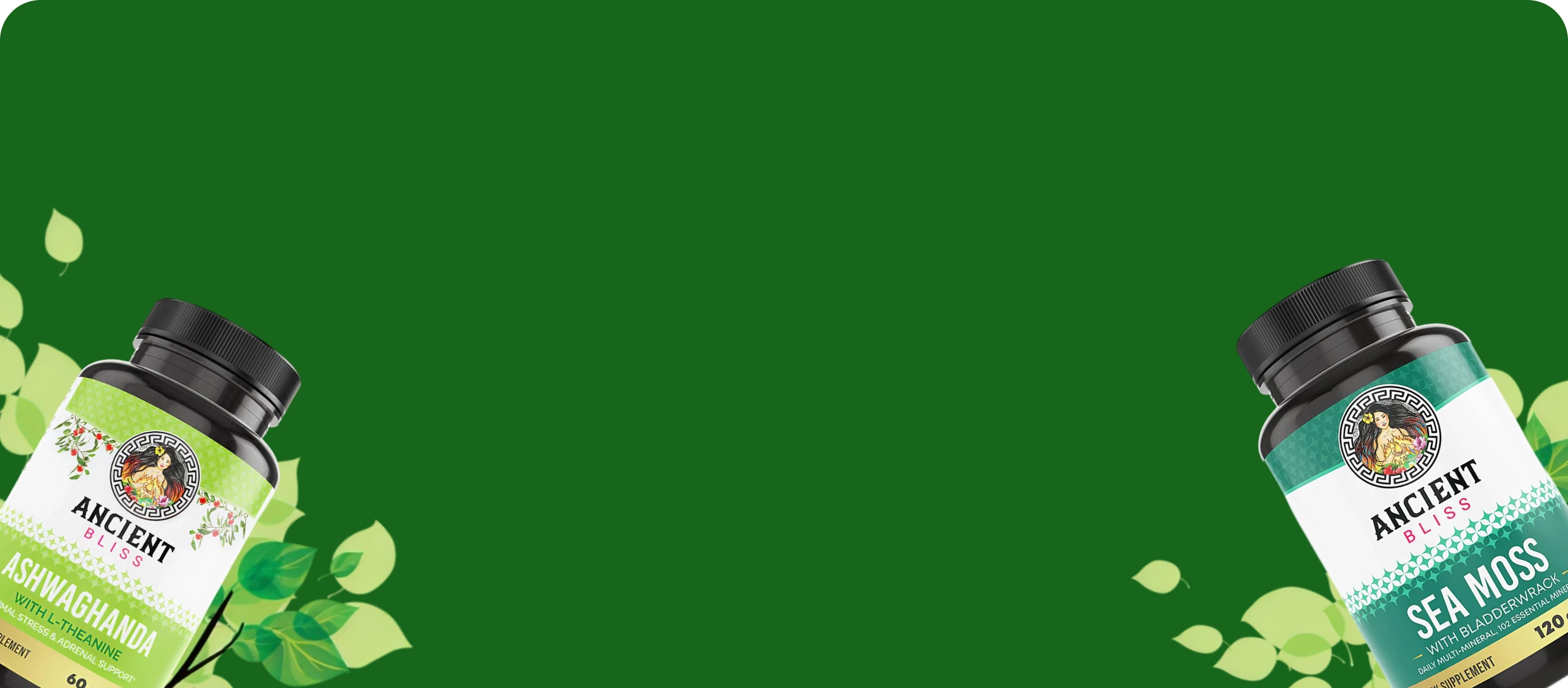Berberine For Type 1 Diabetes: What You Should Know

Berberine is an active compound used in Ayurvedic and Traditional Chinese medicine for a long time.
It is found in certain plants, including European barberry, Oregon grape, tree turmeric, and goldenseal.
In addition to the benefits related to cardiovascular health and inflammation, the compound can positively impact blood sugar levels.
The question is, should patients with type 1 diabetes supplement with berberine?
Let’s discuss.
What is Type 1 Diabetes?
Type 1 diabetes is an autoimmune disease that causes the body to attack healthy pancreas cells (1). As a result, the pancreas stops producing enough insulin, causing blood glucose levels to become too high.
If left untreated, chronically-elevated blood sugar levels can lead to serious health issues, including blindness, kidney disease, and peripheral nerve damage (neuropathy) (2).
Insulin injections are the primary way to control blood sugar in patients with diabetes, but there are natural ways to supplement the treatment. One potential option is berberine.
Berberine and Blood Sugar Control
In one 2012 study, researchers examined the effects of berberine in diabetes treatment (3). According to the paper, berberine could help with glucose control in several ways:
- Inhibition of mitochondrial function
- Stimulation of glycolysis
- Activation of AMPK pathway
- Enhancing insulin sensitivity
- Improve insulin secretion
Further, the authors of the paper suggest that berberine could reduce the risk of peripheral nerve damage in diabetic patients:
“The antioxidant and aldose reductase inhibitory activities of berberine may be useful in alleviating diabetic nephropathy.”
Another paper also examined berberine’s mechanisms of action related to blood sugar control (4). Some of the potential effects, in addition to the ones mentioned above, include:
- Inhibiting gluconeogenesis in the liver
- Stimulating glycolysis in peripheral tissue cells
- Reducing intestinal absorption of glucose
Other research on diabetic patients also finds that daily berberine supplementation can lead to a reduction in blood glucose (5).
Berberine: Dosage, Timing, and More
There is no upper limit established for berberine. However, the dose we see in most studies is 1,000 to 1,200 mg per day (3, 4). It’s best not to take more than that until we have research examining the effects of berberine at higher doses.
According to some data, berberine has a half-life of roughly five hours, which means more frequent supplementation could be more beneficial than taking a single, large dose (6).
For example, if the supplement you’re using contains 500 to 600 mg per dose, take two spaced a few hours apart, preferably with food. You can also take it on an empty stomach, but that could lead to some mild GI distress.
As a whole, berberine is a safe, effective, and well-tolerated compound that shows excellent potential in blood glucose management (7).
Conclusion
The data we have so far suggests that berberine can be a highly effective compound for blood sugar control. Taking the compound in two or three smaller doses could lead to slightly better results, given the half-life of roughly five hours.
Folks with diabetes can consider berberine as part of their treatment, but it is always best to consult a healthcare professional before making any changes.
In same category
-
![]()
Berberine For Type 1 Diabetes: What You Should Know
Berberine is an active compound used in Ayurvedic and Traditional Chinese medicine for a long time. It is found in...
-
![]()
Berberine For Type 1 Diabetes: What You Should Know
Berberine is an active compound used in Ayurvedic and Traditional Chinese medicine for a long time. It is found in...
-
![]()
Berberine For Type 1 Diabetes: What You Should Know
Berberine is an active compound used in Ayurvedic and Traditional Chinese medicine for a long time. It is found in...





